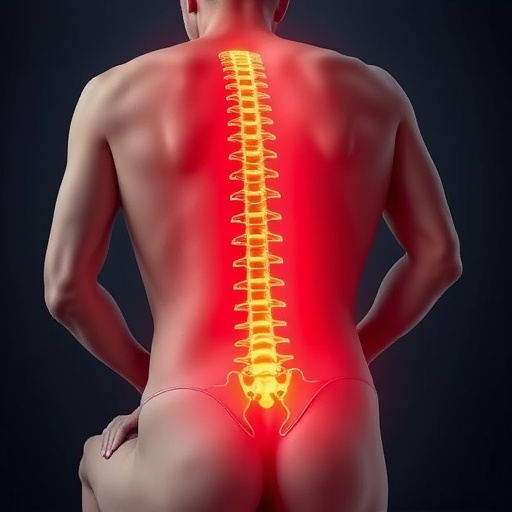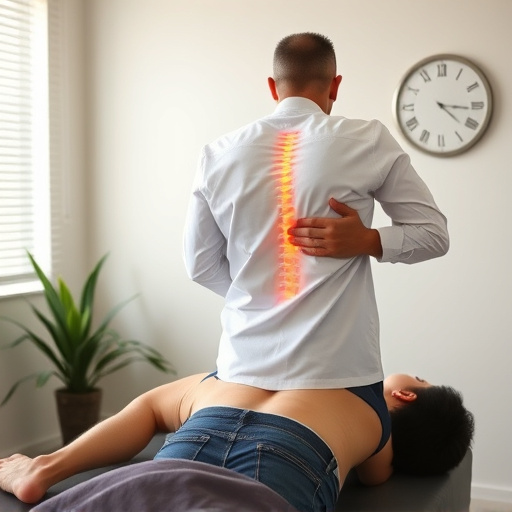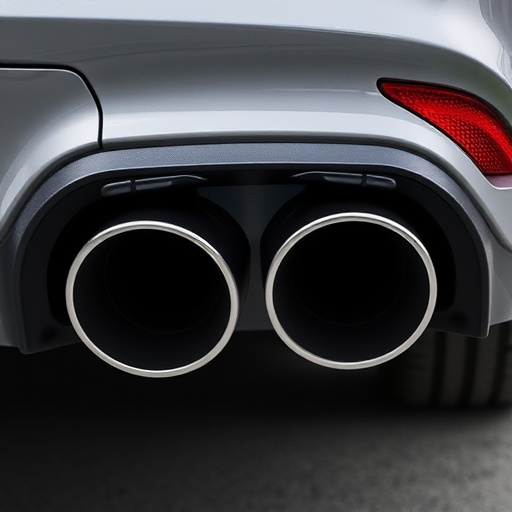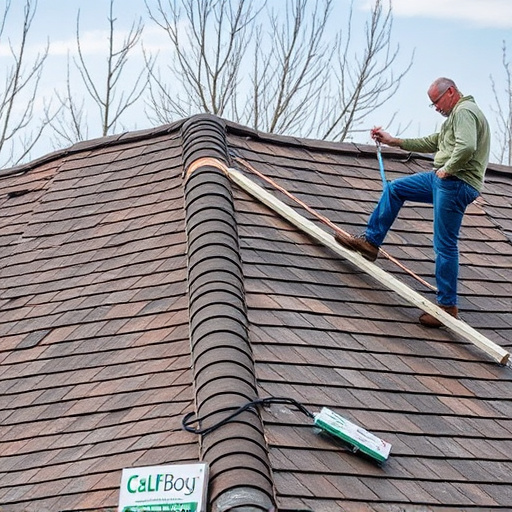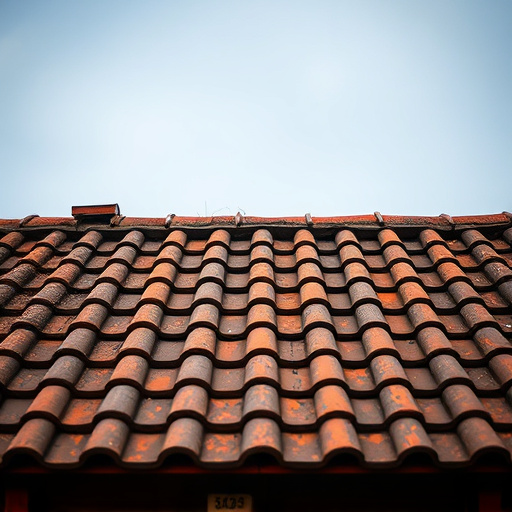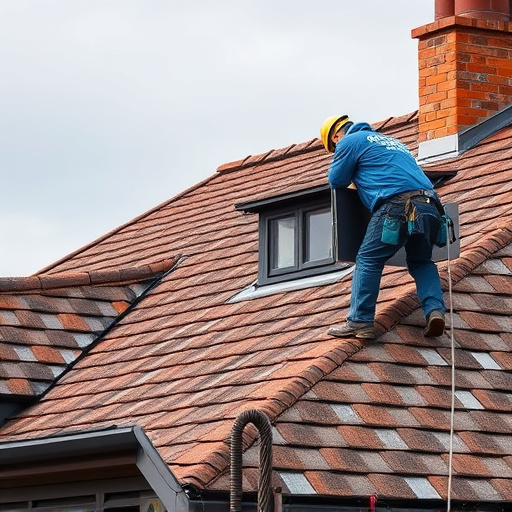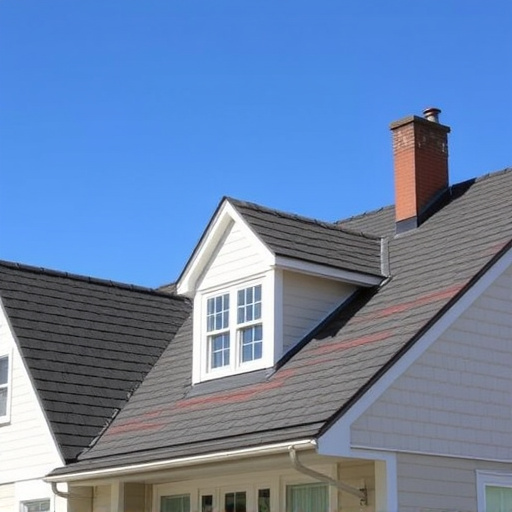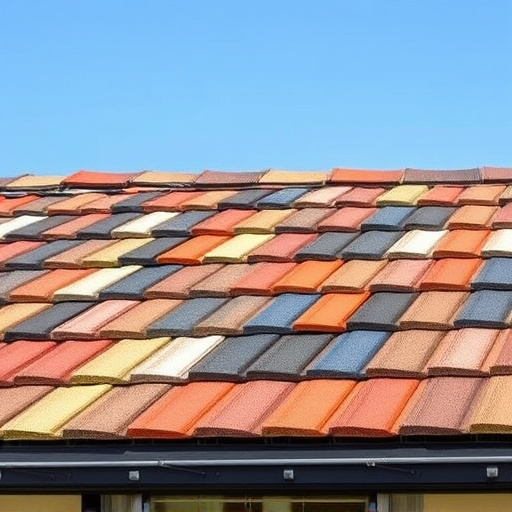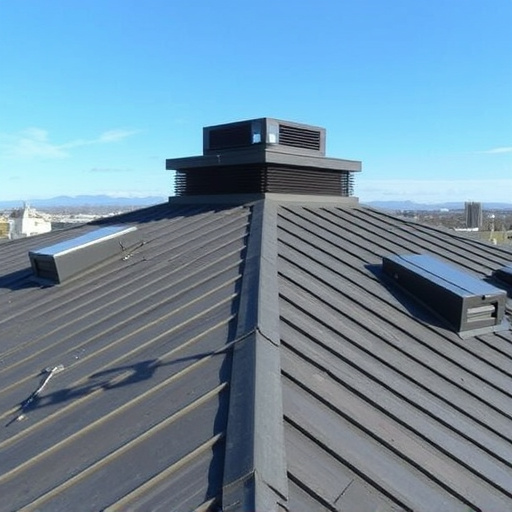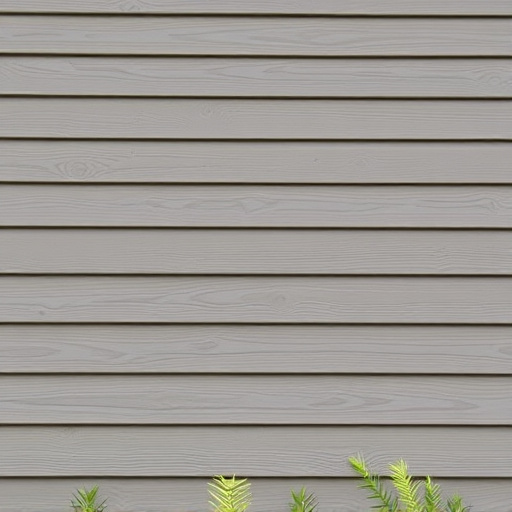Metal siding, particularly steel and aluminum, offers exceptional durability and longevity for homes in various climates. Steel excels with extreme weather resistance and corrosion protection but requires regular maintenance. Aluminum is lightweight, low-maintenance, and resistant to warping, ideal for coastal areas. Both materials provide long-term solutions, reducing waste and chemical usage compared to frequent repairs or replacements of other siding types. When choosing metal siding, consider environmental factors and personal preferences for aesthetic appeal and upkeep.
When considering exterior cladding for your home, the choice between steel and aluminum metal siding offers a trade-off between durability and cost. Steel excels in longevity, strength, and corrosion resistance, proving advantageous in extreme weather conditions. Conversely, aluminum boasts lightweight construction, diverse aesthetic options, and impressive energy efficiency.
This article delves into the pros and cons of each, comparing their costs, installation ease, and environmental impacts to guide your decision regarding the best metal siding option for your needs.
- Steel Metal Siding: Durability and Maintenance
- – Longevity and strength
- – Corrosion resistance and maintenance requirements
Steel Metal Siding: Durability and Maintenance
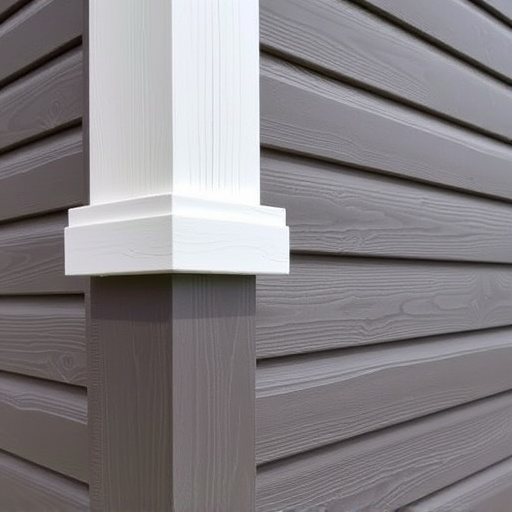
Steel metal siding is renowned for its exceptional durability, making it a top choice for homeowners seeking long-lasting roofing and siding solutions. This robust material can withstand extreme weather conditions, including high winds, heavy rain, and snow, without showing significant signs of wear or tear. Unlike other materials that may require frequent repairs or replacements, steel siding offers peace of mind with its longevity.
When it comes to maintenance, steel siding is relatively low-maintenance. It is resistant to rot, mold, and pest damage, eliminating the need for regular cleaning or sealing like other options. A simple occasional wash with mild soap and water is usually sufficient to keep it looking pristine. This feature not only saves time and money but also contributes to a more sustainable home environment by reducing waste and chemical usage, especially when compared to siding repairs or frequent roof replacement cycles.
– Longevity and strength
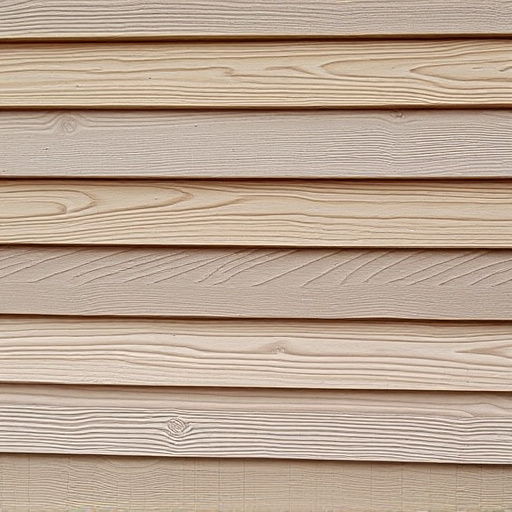
When it comes to metal siding, both steel and aluminum offer impressive longevity and strength, making them popular choices for exterior home improvements. Steel, known for its durability, can withstand extreme weather conditions, including high winds and heavy snow loads, without losing its integrity. It’s a robust option, especially in areas prone to harsh climates or frequent storms, as it is less likely to dent or damage over time compared to aluminum siding.
On the other hand, while aluminum is lighter in weight, it has its advantages too. Its resistance to corrosion and rust makes it an excellent choice for siding repairs in coastal regions where salt water can accelerate metal deterioration. Aluminum siding also maintains its aesthetic appeal longer than steel, as it does not require frequent painting or coating to prevent fading, making it a cost-effective option for both residential and commercial roofing projects.
– Corrosion resistance and maintenance requirements
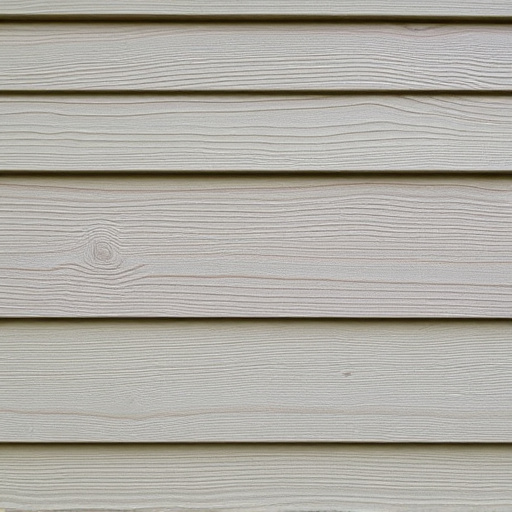
Steel and aluminum are both popular choices for metal siding, each offering unique advantages and considerations when it comes to corrosion resistance and maintenance. In terms of durability, steel is a robust option known for its exceptional strength and resilience against extreme weather conditions. It possesses excellent corrosion resistance, especially when coated with protective layers like galvanization. This makes it a long-lasting roofing solution, suitable for areas prone to harsh climates or high humidity levels. However, steel requires more maintenance than aluminum; regular inspections and repainting or re-coating are necessary to prevent rust and maintain its aesthetics.
On the other hand, aluminum siding is lightweight yet incredibly durable. It naturally resists corrosion and does not require frequent painting or sealing, making it a low-maintenance option for home exterior services. Aluminum’s ability to withstand extreme temperatures without warping makes it an attractive choice for roofing solutions. While it may not be as resistant to chipping and scratching as steel, modern aluminum siding is designed with a protective finish that enhances its longevity. This reduces the need for extensive repairs or replacements over time, ensuring your home stays protected with minimal upkeep.
When considering metal siding for your home, both steel and aluminum offer compelling options. Steel stands out for its exceptional durability and strength, coupled with superior corrosion resistance. However, it requires more maintenance over time. In contrast, aluminum siding is lighter, easier to install, and low-maintenance, making it a practical choice for many homeowners. Ultimately, the best option depends on your specific needs, climate, and budget.
